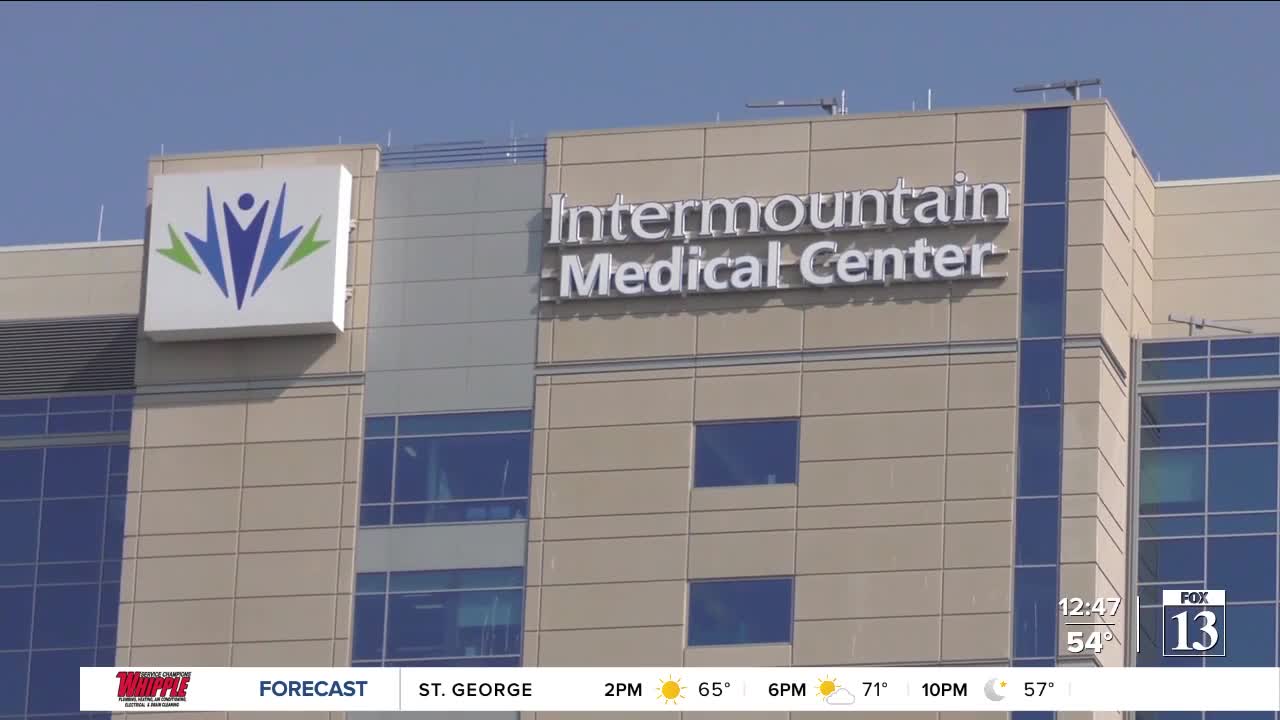It came out of the blue for most of the staff at Intermountain Medical Center – the Federal Centers for Medicare and Medicaid services naming them number one for showing the best outcomes treating heart attack patients.
IMC shares this distinction with the Mayo Clinic and New York University. A nice surprise, but not a shock.
“We've been very, very intent on focusing on quality and that's allowed us to collaborate with colleagues,” said Dr. Trey O’Neal, an Interventional Cardiologist at Intermountain Health.
That’s collaboration across miles of geography and multitudes of disciplines.
When someone has a heart attack, Dr. O’Neal and his colleagues jump into action so no matter where you’re coming from, they’ll be ready to help.
“One of my amazing colleagues, Dr. Kent, Meredith…he's been leading what we call our STEMI program, which is the sickest of our heart attack patients. Keeping those lines of communication open so that we can take better care of patients by communicating with those ambulance drivers in Preston or The Life Flight helicopter pilots coming from, you know, Park City.”
So a patient suffers a massive heart attack in Southern Utah, a good Samaritan calls 911 and initiates CPR. A law enforcement officer arrives to help…an EMT or paramedic not far behind. They call for a helicopter and a pilot, flight nurse, and medic to scramble. Dr. O’Neal or one of his colleagues is there waiting for the patient when they arrive.
“The most classic type of intervention, we say, is in treating heart attacks, you know, where we open arteries with balloons and stents. And we typically do those through the wrist, sometimes the leg, we used to do all of them through the leg, but now we do you know, 90% of them through the wrist,” said O’Neal.
20-30 yeas ago…treatment looked much different.
“The majority of heart attack patients were taking care of by taking them to the operating room to do bypass. And as cardiologists enter, well, in general, many cardiologists, we didn't even use the term interventional cardiology back then. But cardiologists were doing this new procedure called angioplasty. And it was very dangerous, because, you know, the techniques weren't great, the equipment, the equipment wasn't great,” said O’Neal.
“I never lose my sense of awe, you know, the technology that's developed just in my career, but the fact that we can do, what we can do is, yeah, it is. It's amazing.”
Amazing advancements, but those techniques are not unique to Intermountain Medical Center. Their recognition is about doing all of that expertly and coordinating across distance, departments, and disciplines form the initial crisis to trauma intervention to hospital care and discharge.




